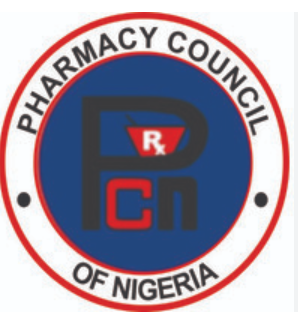
The Pharmacy Council of Nigeria has shut down 531 medicine outlets in the Federal Capital Territory for various offences, including operating without registration, poor documentation, and stocking of ethical products without the supervision of a pharmacist.
The Director of Enforcement, Stephen Esumobi, disclosed this to journalists in Abuja on Friday.
The PCN is the Federal Government Parastatal charged with the responsibility of regulating and controlling the education, training and practice of pharmacy in all its aspects and ramifications in line with the Pharmacy Council of Nigeria Establishment Act 2022.
Esumobi said, “The council’s National Enforcement team carried out a week-long enforcement exercise in the FCT, visiting 908 premises, including pharmacies, patent medicine shops, and illegal medicine outlets. The team sealed 531 premises, including 90 pharmacies, 144 patent medicine shops, and 297 illegal medicine shops.”
Esumobi noted that the council is working towards the use of technology to make drugs easily accessible to patients.
“PCN is developing software for people to source their drugs anywhere they are,” he said.
Esumobi also highlighted the importance of Artificial Intelligence in medical practices, noting that it cannot replace human activities, especially when verbal communication is required.
He encouraged the public to report any suspected illegal drugstores or practitioners in their communities through the PCN website.
The PCN has established state and zonal offices, as well as Pharmaceutical Inspection Committees and Patent and Proprietary Medicines Vendors Licence Committees, to regulate and control the practice of pharmacy in Nigeria.
The council has also organised orientation and continuing education programs for owners of patent medicine shops in FCT to ensure they operate in line with the law.
The shutdown of the medicine outlets is aimed at ensuring the rational distribution and dispensing of medicines that are safe, effective, and of good quality at all levels of the healthcare delivery system in Nigeria.
